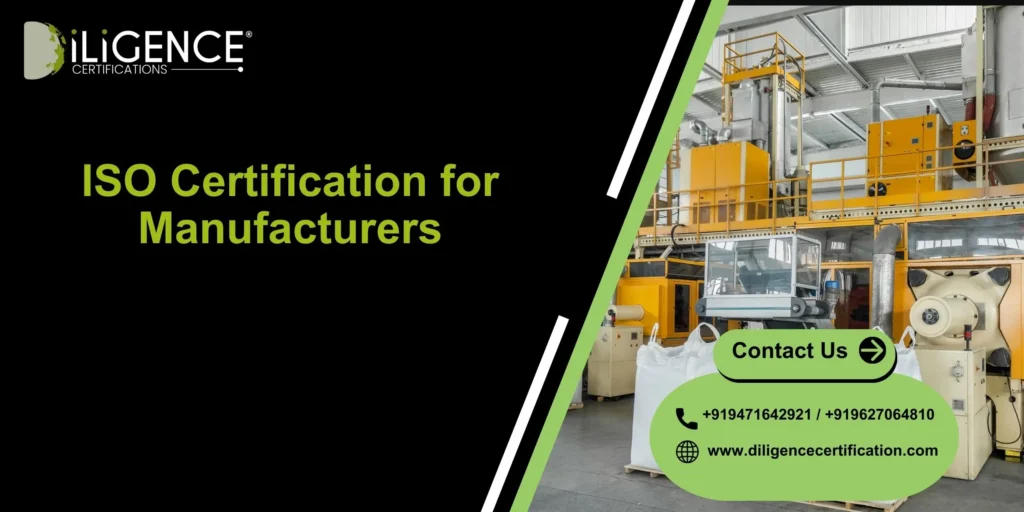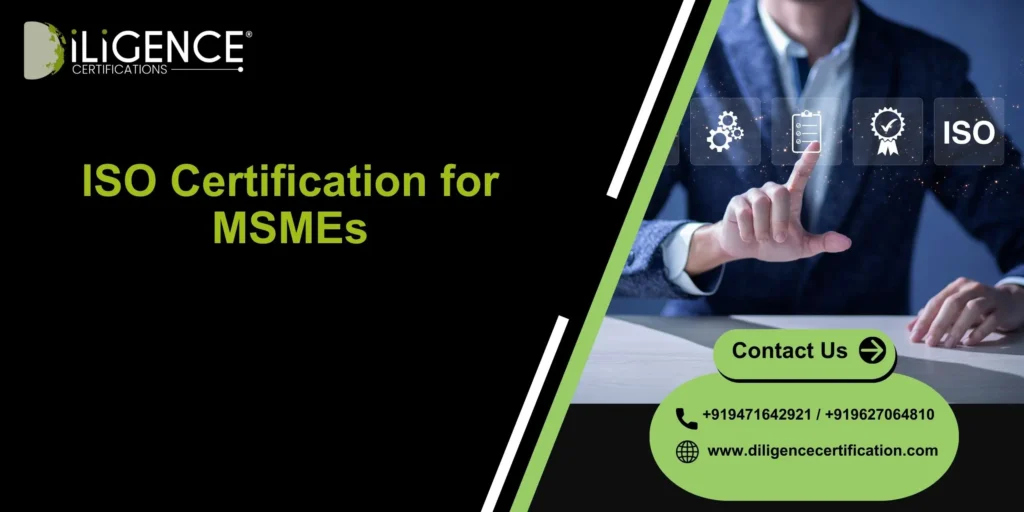- It is necessary for Ferrosilicon providers to have a BIS certification according to IS 1110:1990 in India.
- The standard mainly specifies the silicon content, limitations of impurities, and granularity.
- Certification involves application review, factory inspection, and lab testing.
- Plants must maintain in-house testing, calibration records, and correct marking.
- BIS approval improves product consistency and strengthens supplier credibility.
Introduction
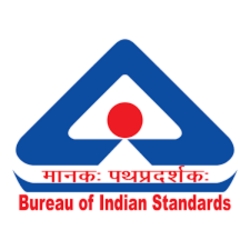
A ferrosilicon producer from Durgapur recently told me their regular steel plant clients stopped issuing orders until they obtained BIS approval under IS 1110:1990. The material hadn’t changed—only the compliance expectations had. The change is indicative of a bigger trend in India where buyers are focusing more on certified and traceable alloy inputs. For the producers, getting BIS Certification for Ferrosilicon is a must if they are to keep the confidence of their customers and be available for the next big supply contracts. Bureau of Indian Standards
What is IS 1110:1990?
IS 1110:1990 outlines the requirements for quality, composition, and tests of the ferrosilicon as per the Indian Standard for the steel, and foundry industries. The standard controls silicon concentration, impurity control, and particle size uniformity so that manufacturers can produce the alloy which is both safe and reliable.
Key Points:

- Specifies silicon percentage limits and impurity thresholds.
- Defines particle size requirements for stable furnace behaviour.
- Mandates standardised sampling and lab testing procedures.
- Includes marking and labelling rules for traceability. ISI MARK
- Forms the basis for compulsory BIS Certification for ferrosilicon.
Why is BIS Certification Mandatory
To make sure that each batch of ferrosilicon that goes into the Indian steel and foundry industry is of uniform safety and quality standard that has been verified, BIS certification is compulsory. With the trend of automated and more sensitive to input variation furnace operations, purchasers rely on BIS-authorized suppliers to maintain the stability of the melt, impurity levels, and production output.
Key Reasons:
- Required by the Government of India under the Quality Control Order for alloy manufacturers.
- Prevents low-grade or inconsistent ferrosilicon from entering critical steelmaking supply chains.
- Ensures controlled silicon content and impurity levels through BIS-supervised testing.
- Provides traceability through standardised marking and batch identification.
- Accepted by major steel plants as a compulsory criterion for procurement and vendor approval.
Importance and Benefits of BIS Certification
| Importance | Benefits |
| Ensures compliance with IS 1110:1990 quality requirements | Improves acceptance by steel plants and foundries |
| Prevents substandard alloy from entering the supply chain | Reduces quality complaints and furnace variability |
| Supports traceability and standardised marking | Builds manufacturer credibility and market reputation |
| Aligns with government-mandated Quality Control Orders | Enables participation in tenders and long-term contracts |
| Confirms consistent chemical composition and sizing | Helps maintain stable production and customer confidence |
Step-by-Step Process of BIS Certification

Step1:Documentation
- Collect required technical documents
- Prepare product specifications
- Gather company registration details
- Ensure documents follow BIS format
Step2:Product Testing
- Send samples to a BIS-approved lab
- Conduct safety and quality tests
- Receive test reports
- Confirm compliance with BIS standards
Step3:Application Submission
- Fill out the BIS application form
- Upload all required documents
- Attach valid test reports
- Pay the necessary BIS fees
Step4:Scrutiny and Inspection
- BIS reviews submitted documents
- Authority verifies test results
- Factory/product inspection may occur
- Clarifications requested if needed
Step5:Grant of License
- BIS approves the application
- License number is issued
- Product can carry BIS mark
- Renewal required before expiry
Documents Required for BIS Certification
| Category | Documents Required |
| Business Documents | Business license/registration, ISO certificate, organizational details |
| Manufacturer Details | Factory layout, process flow chart, machinery list, production details |
| Product Documents | Product specifications, component list, user manual, model details |
| Testing Documents | Test report from BIS-recognized lab, sample details, test request form |
| Legal & Compliance | Authorization letter, brand ownership proof, trademark certificate (if any) |
| Import/Foreign Manufacturer (If applicable) | AIR (Authorized Indian Representative) details, contract agreement, overseas manufacturer documents |
Timelines, Costs, Validity & Renewal
- Timelines: Usually from 20 to 30 days, with only 7-15 days for the testing.
- Costs: The cost of the government and the test varies depending on the product. There can be some additional charges though.
- Validity: The validity period is 2 years in most situations.
- Renewal: The renewal is done before the expiration; there should be updated documents/tests; the renewal
Why Choose Diligence Certifications
- Expert team with strong BIS and regulatory knowledge
- Fast, streamlined processing to reduce approval delays
- Accurate documentation and testing coordination
- Transparent guidance with clear communication
- High success rate and complete end-to-end support
Conclusion
BIS certification for Ferrosilicon according to IS 1110:1990 is essentially a going- forward requirement for an entity to remain in the Indian steel and foundry supply chain. It is a sign that the product consistently meets the national standards regarding the silicon content, impurities, and sizing, thus, giving the buyers the assurance of every batch that they procure. Manufacturers with BIS compliance gain smoother entry into vendor lists, fewer technical objections, and stronger trust from major steel plants. As procurement becomes more quality-driven, operating without certification limits opportunities. For plants planning compliance or facing delays, structured preparation makes the approval process faster and more predictable.
Frequently Ask Questions
Is BIS certification mandatory for ferrosilicon in India?
Indeed the Quality Control Order from the Government requires that the quality of Ferrosilicon be in accordance with the standard of IS 1110:1990. Therefore, both the local manufacturers and the importers are obliged to have a BIS certification.
What does IS 1110:1990 specify for ferrosilicon?
The standard also specifies that the ore shall be analyzed for the content of silica, that impurities shall be controlled and powder mesh size shall be defined and sampling, testing, and marking methods shall be provided.
How long is the BIS certification process?
Generally, the total time period is about 20 to 30 days. The duration of the whole process is determined by the tests' speed, the documents' readiness, and the inspection's time.
What tests are required for ferrosilicon under BIS?
The labs authorized by BIS carry out the tests determining the silicon content, the impurity levels (C, S, P, Al), and the particle size distribution as per the standard.
Are foreign manufacturers allowed to apply for BIS certification?
It is possible for them to do that. There is a requirement for them to designate an Authorized Indian Representative (AIR), who will be their contact in India. The foreign companies are to be in the same conditions as the local ones with respect to the procedures of testing and obtaining a license.
What do I do if my sample fails BIS testing?
It's only your new sample that can be tested. If you have several instances of the same type of failure, then you may consider it necessary to update your documentation and/or alter your production process before submitting your application again.
For how long is the BIS certification for ferrosilicon valid?
The license standardly is for a period of 2 years, and the renewal must be done before the expiry date.
What are the post-certification markings?
Each pack has some data that are necessary to be printed on it: the BIS Standard Mark, the grade, the manufacturer's name, the license number, and the batch number.
Does BIS need a lab on-site?
Yes, a small simple on-site laboratory for routine tests with standard instruments is required to facilitate continuous compliance.
Why do steel plants prefer BIS-certified ferrosilicon?
They get to employ the metallurgical quality assured by the mills thus can rely on the furnace reactions being as expected and what is more, the chance of quality-related issues will be a minimized.






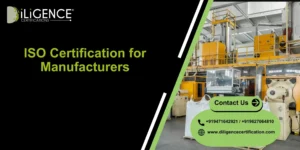
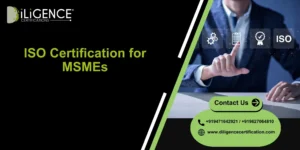
 BIS Certification
BIS Certification
 CDSCO
CDSCO
 CPCB
CPCB
 LMPC
LMPC
 WPC Approval
WPC Approval
 Global Approvals
Global Approvals
 TEC
TEC
 ARAI
ARAI
 BEE
BEE
 ISO Certification
ISO Certification
 DGCA Certification
DGCA Certification
 NOC For Steel
NOC For Steel



















 Business Registration
Business Registration















 Legal Services
Legal Services
 Trademark Registration
Trademark Registration
 Copyright Registration
Copyright Registration
 Patent Registration
Patent Registration












































